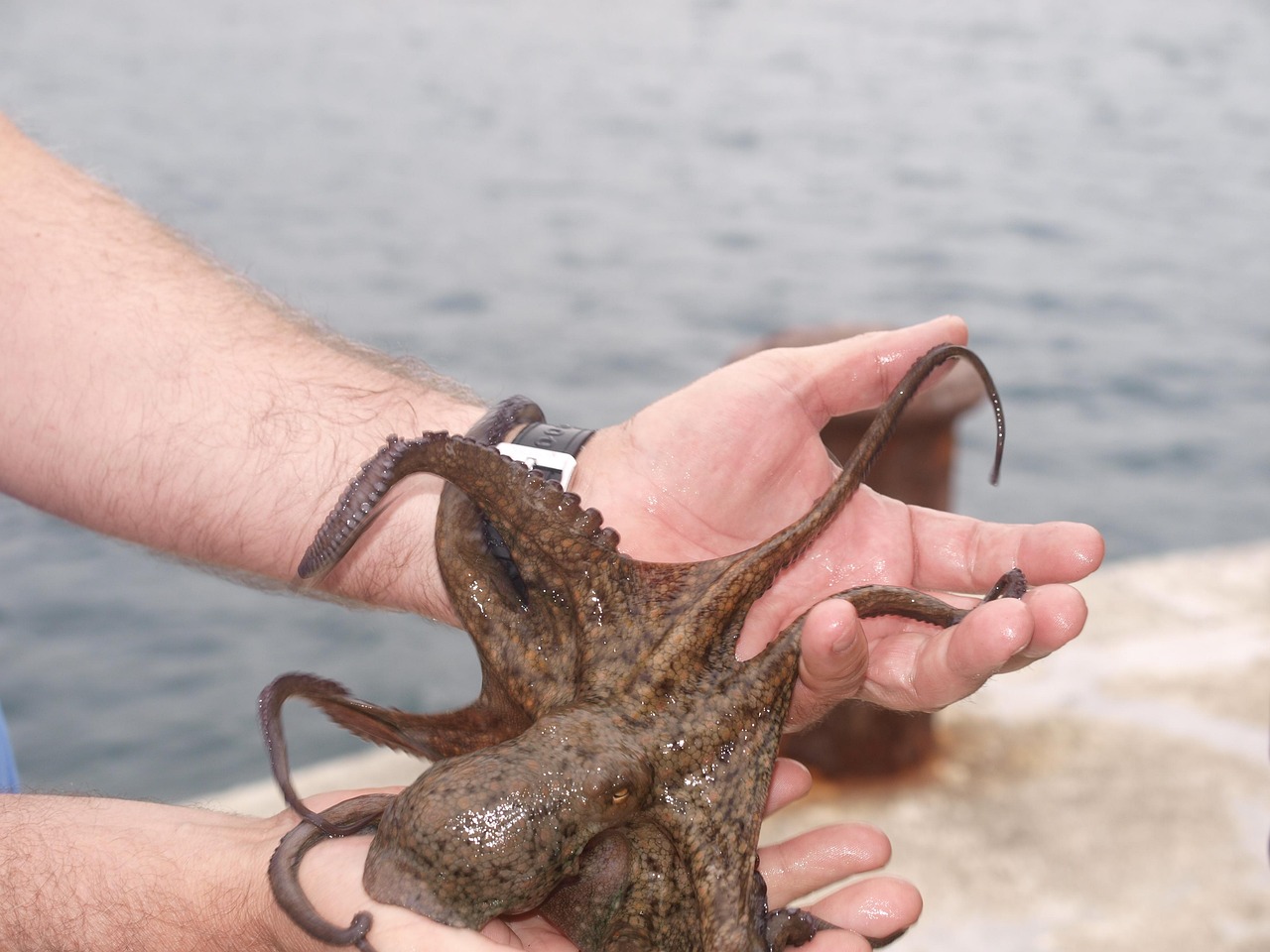Octopus Intelligence: Unveiling the Secrets of Cephalopod Minds
The octopus, a creature of the sea, has long fascinated scientists and marine enthusiasts alike with its unparalleled intelligence. This article delves into the historical context, recent developments, and unique aspects of octopus intelligence, offering a fresh perspective into the world of these extraordinary cephalopods.

A Peek into the Past: Historical Context of Octopus Intelligence
Historically, octopuses have been the subject of myths and legends, often associated with sea monsters due to their unusual appearance. However, their reputation began to change as early as the 19th century when researchers started to observe their problem-solving skills. For instance, naturalist Georges Romanes, in his 1882 work “Animal Intelligence,” documented an octopus escaping its tank to feast on crabs in a neighboring tank during the night, demonstrating the initial recognition of octopus intelligence.
An Underwater Enigma: Understanding the Octopus Brain
Unlike most invertebrates, octopuses possess large, highly developed brains, with a majority of neurons located in their arms. This distributed nervous system allows them to perform various complex tasks, including opening jars to access food and using tools for protection. However, the octopus’s unique brain structure also makes it challenging for scientists to compare its intelligence directly with mammals or birds.
A Tidal Wave of Innovation: Recent Developments in Octopus Intelligence Research
Research into octopus intelligence has been rapidly advancing, particularly in the last decade. A groundbreaking 2015 study showed octopuses can recognize and remember shapes and patterns, demonstrating long-term memory capabilities. More recently, scientists discovered octopuses can ‘dream’ - displaying rapid eye movement and color changes during rest periods, akin to REM sleep in mammals.
Market Impact: The Role of Octopus Intelligence in Robotics
The understanding of octopus intelligence and behavior has significant implications in the field of robotics. Soft robotics, a subfield that focuses on creating flexible, adaptable machines, often draws inspiration from octopuses. For example, the ‘Octobot’ developed by Harvard researchers in 2016, valued at an estimated $250,000, embodies the fluid movements and adaptability of an octopus, signifying the market impact of octopus intelligence.
Looking Beyond the Waves: The Future of Octopus Intelligence Research
The journey into the labyrinth of octopus intelligence is far from over. Future research aims to delve deeper into the octopus’s cognitive abilities, such as understanding their communication methods and exploring their possible consciousness. These studies not only cement the octopus’s position as one of the most intelligent creatures in the animal kingdom but also prompt us to rethink our definitions of intelligence.
Octopuses, with their remarkable cognitive abilities and unique nervous systems, continue to perplex and inspire researchers worldwide. As we unravel more about these fascinating creatures, it becomes clear that the octopus is not merely a creature of myth and legend, but a testament to the diverse forms intelligence can take in the animal kingdom.




